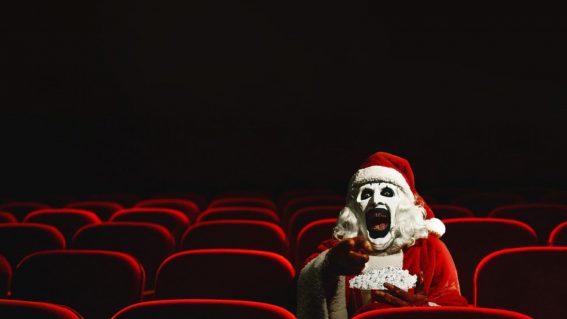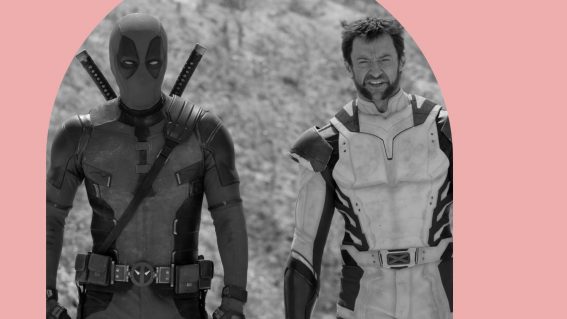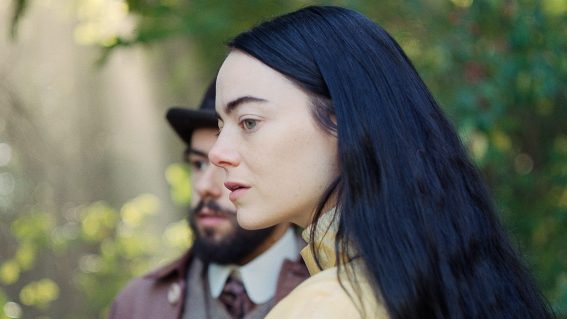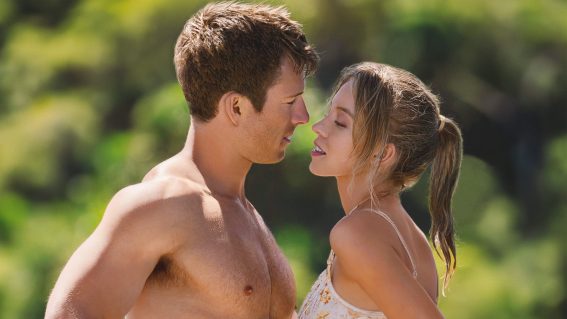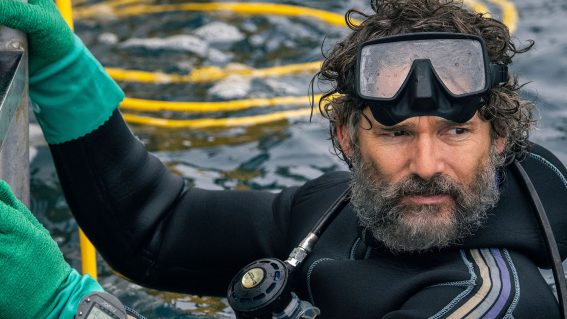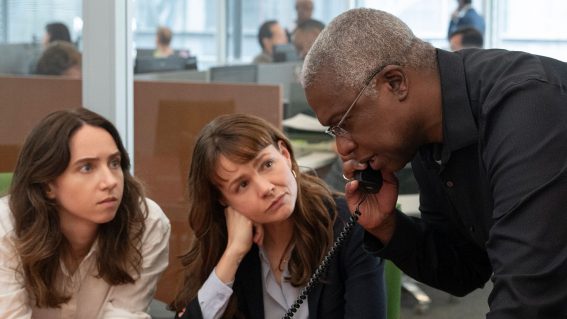Léa Seydoux mesmerises in The Beast, an unconventional mix of period drama, thriller and sci-fi
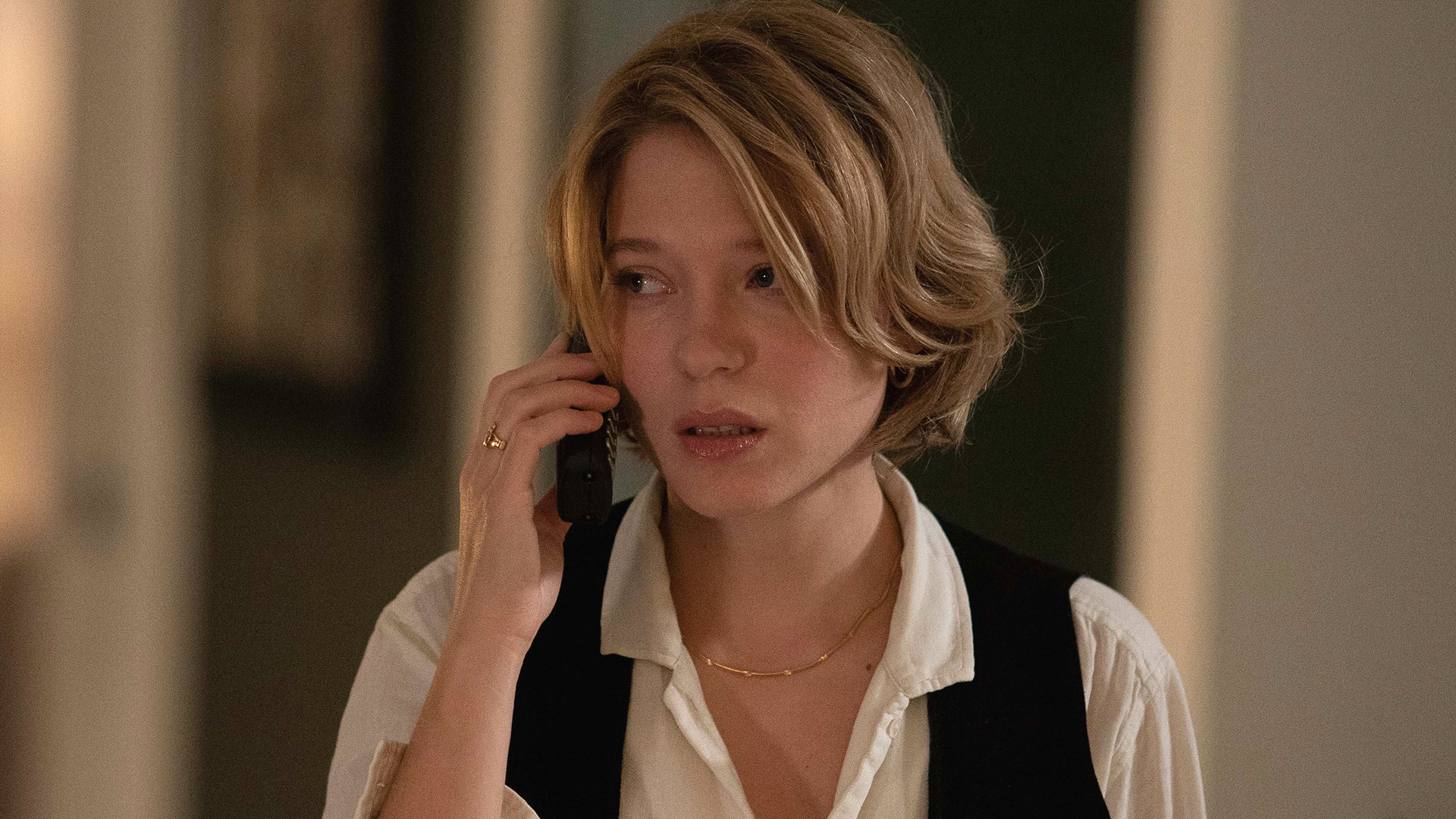
Across three different settings, from 1910 to 2044, The Beast explores the fear of something terrible awaiting Gabrielle (Léa Seydoux). While not a flawless film, it is impossible not to admire, writes Vicci Ho.
We are living in the year of “Artificial Intelligence”, where seemingly at every turn, some form of poorly functioning AI is being pushed upon us. However, in the dystopian future of Bertrand Bonello’s The Beast, AI is truly in charge of the world, and humans are forced to adapt to the efficiency model they had set up. Bonello’s latest is unconventional and wild; criss-crossing time, genres and moods to present a provocative exploration into human emotions.
Very loosely adapted from Henry James’ 1903 novella The Beast of the Jungle, in which a man is paralyzed by a fear that something terrible awaits him, Bonello explores the concept of this fear through three different time periods. In the year 2044, Gabrielle (Léa Seydoux) is told by the AI that now controls the world that her emotion is the reason she is unable to land a more fulfilling job, as feelings are considered a flaw that must be purged.
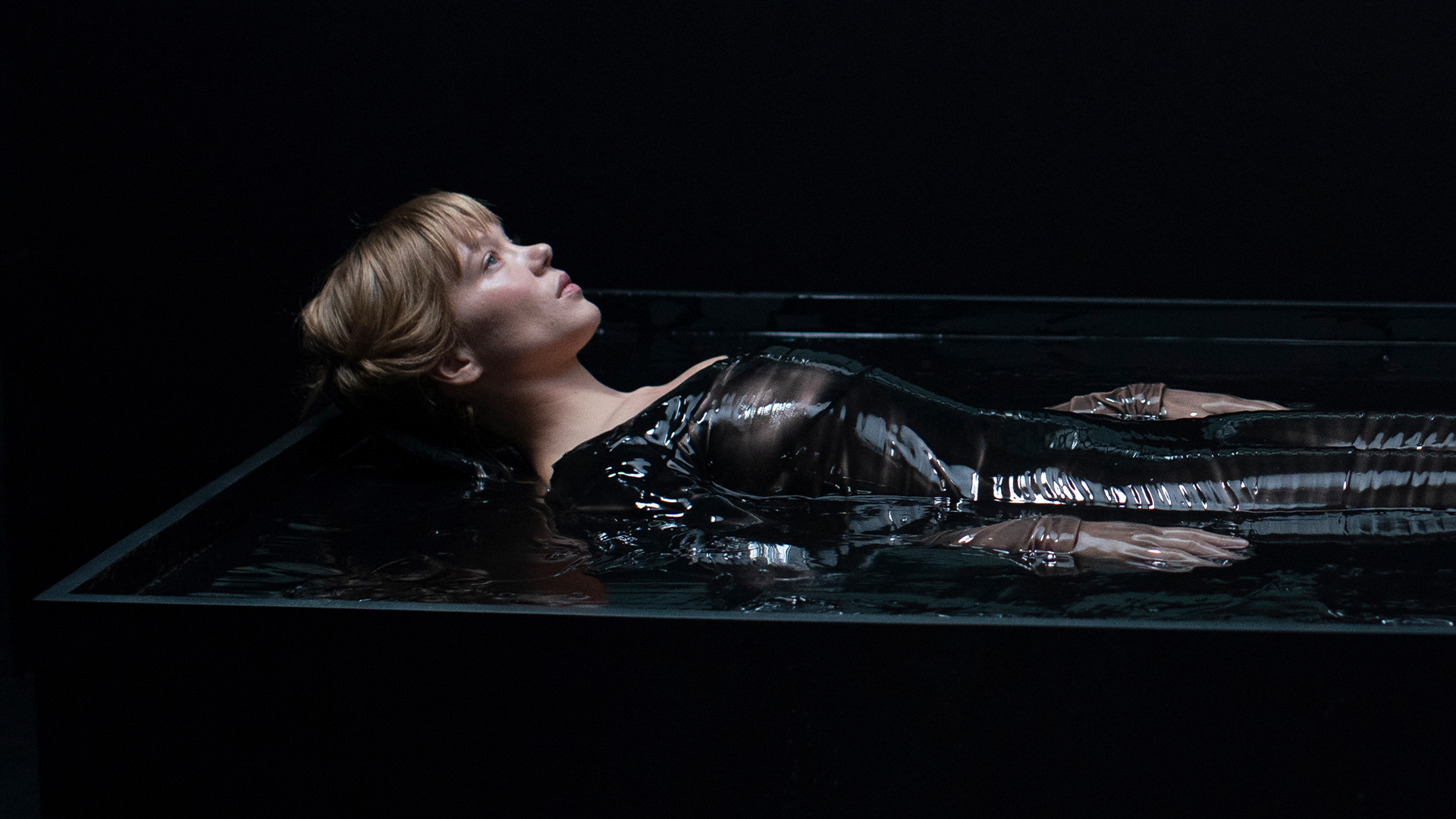
She undergoes a process to ‘purify’ her DNA and be rid of her emotions, where the fear that lives deep inside her through her past lives remains in her subconscious. In 1910, Gabrielle is a married pianist who meets Louis (George MacKay), a man she is immediately attracted to, at a Paris salon. The two cross paths again in 2014 in Los Angeles, when Gabrielle is a lonely, struggling model actor while Louis is an angry misogynist incel. In 2044, they cross paths once again in the increasingly alienating world filled with humans who no longer feel.
The fear that Gabrielle experiences manifests in vastly different ways in these three tales. In the lusciously shot period drama of 1910, where despite a mutual attraction with Louis, she hesitates in the face of a belief that she is doomed by disaster. In 2014 however, her fear is quite explicit, as the disaster itself is the terrifying Louis who stalks her as he posts misogynistic rants online, with Bonello giving a clear nod to David Lynch’s Mulholland Drive in this LA-set thriller. In the cold, eerie sci-fi setting of 2044, it is the fear of losing humanity itself—if a human no longer has emotions, are they human at all?
The film freely moves between the three stories, and at times it is unclear which timeline we are watching, or whether what we are watching is even real. Certain elements loosely connect the three tales beyond Gabrielle and Louis: throughout the film there are elements of horror that can be a little kitsch, low-key funny or quietly menacing. Dolls are used in every timeline to reflect the technology of the time. Different fortune tellers tell of similar fates no matter the century. Through the deliberately inconsistent vibes, there is a level of rhythmic consistency.
If all of this sounds like a bit of a mess, it’s because it is, though not necessarily in a derogatory way. Bonello is much more interested in exploring humanity’s fear to love, to live, to engage, and the film’s narrative serves less to be a coherent whole and more as moments to explore these concepts. Parts of it work better than others—the Paris tale was the most affecting even if it feels the most ‘conventional’ of the three, whereas the 2014 story of an incel that is driven by loneliness (and inspired by a real-life mass murderer) feels a bit forced and muddled, even if Lynchian-esque dreamlike Los Angeles is so compelling to watch.
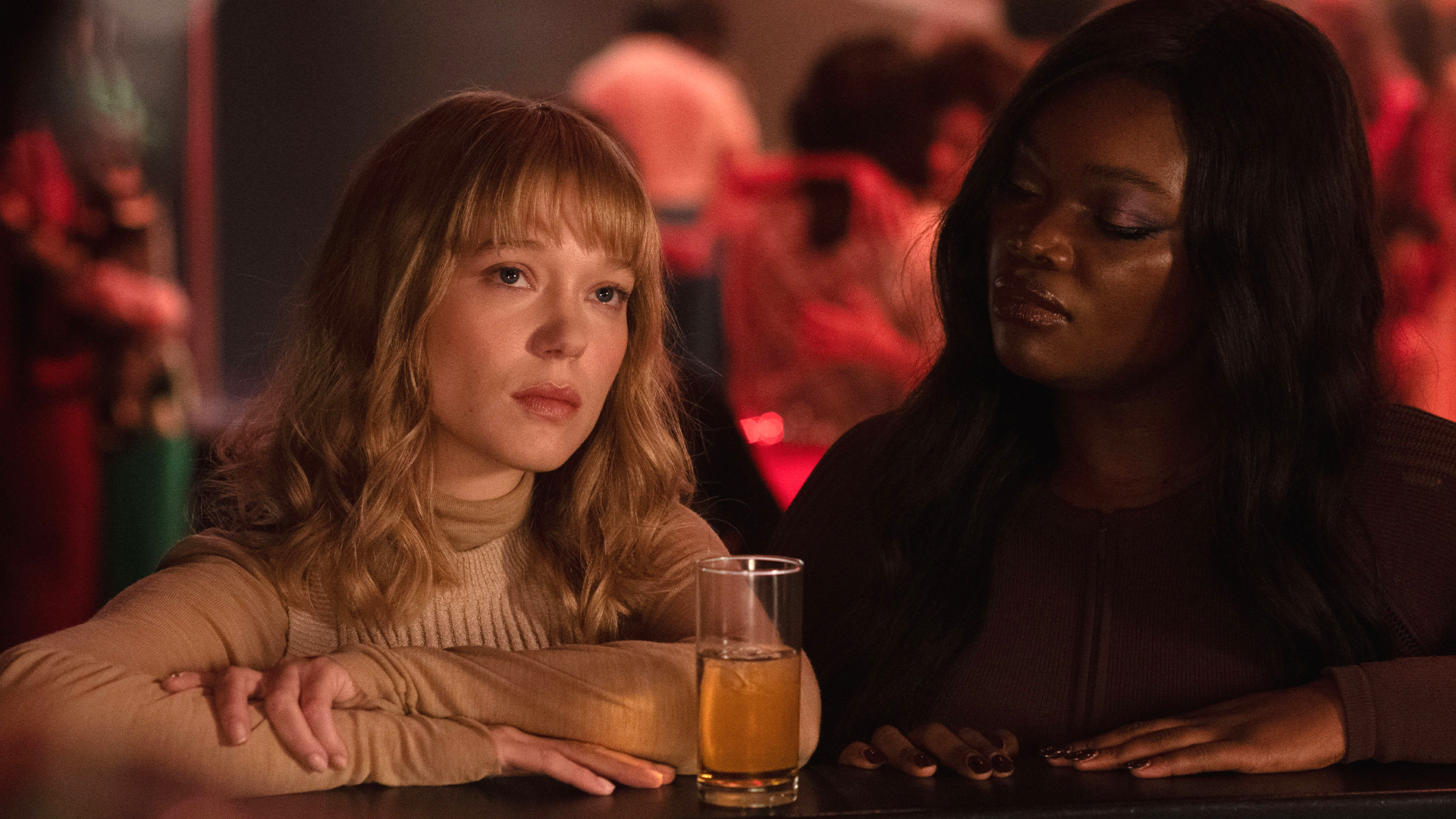
A large part of why The Beast works at all is Léa Seydoux. She is so mesmerising as Gabrielle and delivers a performance so rich it is impossible not to feel her anxieties, fears, desire, and every conflicting emotion in between, holding the film together through its unwieldy 145 minutes. MacKay provides a strong complementary performance as the variations of Louis and is utterly terrifying as the misogynist incel. Saint Omer’s Guslagie Malanda is equally memorable in her small role as a doll/robot sent to watch Gabrielle in 2044.
The Beast is not a flawless film, but it is impossible not to admire Bonello’s intellectual explorations throughout. There are moments in this film that are breathtakingly beautiful and memorable, even if it does not quite add up to a coherent whole. One thing it is likely to do is to stick in your mind long after the film ends. In an era where so many filmmakers choose to play it safe, The Beast should be celebrated for embracing and reflecting the messiness that is at the core of human emotions.





